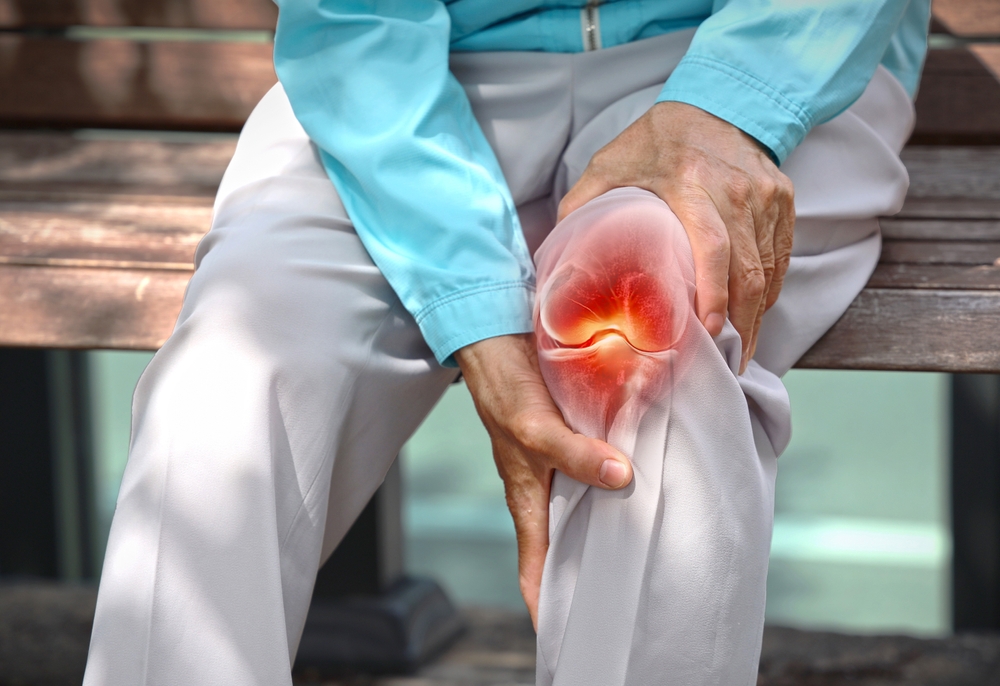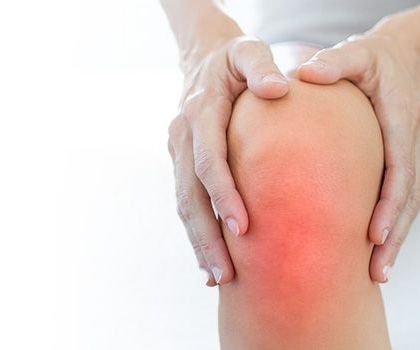
Understanding Knee Pain: Causes, Treatment Options, and Paths to Relief
Knee pain is one of the most common complaints among adults and can affect daily activities, mobility, and overall quality of life. Whether due to injury, wear and tear, or an underlying condition, knee pain can be persistent and challenging to manage. Understanding the root causes and treatment options is the first step toward finding relief.
Schedule Your Consultation Today

What Causes Knee Pain?
Knee pain can result from various factors, including:
Injuries: Ligament injuries, meniscus tears, fractures, and dislocations are frequent causes, often resulting from sports or accidents.
Arthritis: Osteoarthritis, rheumatoid arthritis, and other forms of arthritis commonly cause knee pain, especially in older adults.
Tendonitis and Bursitis: Overuse and repetitive motion can lead to inflammation of the tendons or bursae, causing pain and swelling.
Patellar Tracking Disorder: When the kneecap shifts out of place, it can cause discomfort and limit movement.
Lifestyle Factors: Obesity, lack of exercise, and poor muscle strength can put extra stress on the knees, leading to pain over time.
Symptoms to Watch For
Knee pain symptoms can vary widely depending on the cause. Here are some signs to monitor:
Swelling and Stiffness: Often worsens after activity or prolonged periods of sitting.
Redness and Warmth: Indicates inflammation or infection in the joint.
Weakness and Instability: The knee may feel like it’s giving way under weight.
Popping or Crunching Noises: May indicate cartilage damage or arthritis.
Inability to Fully Straighten the Knee: Can be a sign of structural issues within the joint.
If you’re experiencing these symptoms, consulting a professional for an evaluation is essential.
Common Treatment Options for Knee Pain
Depending on the severity and underlying cause of the pain, common treatment options can provide relief:
Physical Therapy: Targeted exercises to strengthen the muscles around the knee and improve flexibility.
Medication: Over-the-counter or prescription medications may reduce inflammation and alleviate pain.
Injections: Corticosteroid or hyaluronic acid injections may provide temporary relief.
Lifestyle Changes: Weight management, regular exercise, and a healthy diet can alleviate pressure on the knee.
Surgery: In severe cases, procedures like arthroscopy, partial or total knee replacement, or ligament reconstruction might be necessary.
Explore Our Knee Restoration Program
Our Knee Restoration Program (link) is designed to provide long-term solutions for knee pain by addressing both symptoms and underlying causes without the use of drugs, injections or surgery. We combine advanced therapies, personalized treatments, and expert guidance to help you regain strength, reduce pain, and get back to the activities you love.
Is Our Knee Restoration Program Right for You?
Our program is ideal for those experiencing chronic knee pain due to injury, arthritis, or overuse. By addressing the root cause of your discomfort, we aim to help you achieve sustained relief and prevent further issues.
Are you Bone-on-Bone?
No problem! We often work with patients who have been told they are “bone on bone” and are experiencing significant joint degeneration. Our Knee Restoration Program includes therapies specifically designed to improve joint function, reduce inflammation, and alleviate pain, even in some of the most advanced cases. While each case is unique, many of our patients with advanced knee conditions have found relief and improved mobility through our non-invasive approach.
Don’t Let Knee Pain Control Your Life
Take the first step towards relief and schedule a consultation to learn more about our comprehensive Knee Restoration Program (link). Let us help you find a personalized path to improved mobility and reduced pain.
Knee Restoration
Schedule Your Consultation Today






